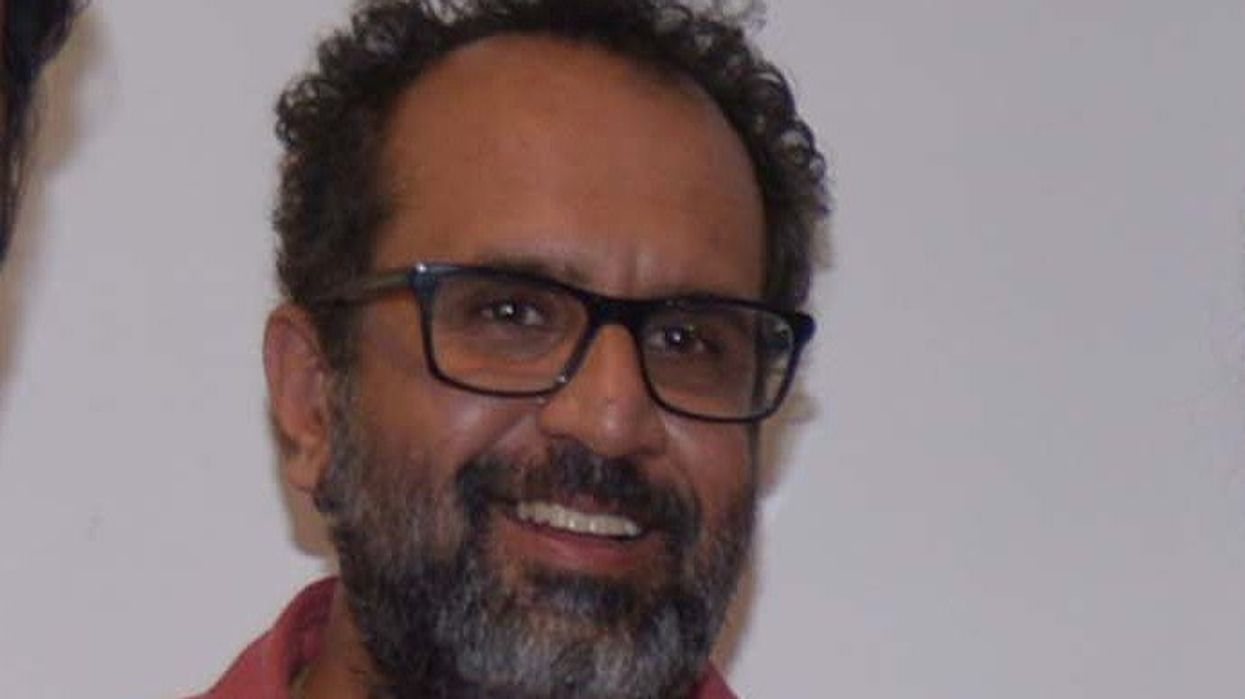Filmmaker Aanand L Rai says that he has taken it upon himself to continue narrating stories that speak about the magic of love, something he believes has been missing from the everyday life of people nowadays.
The 50-year-old director, best known for weaving romantic dramas such as Tanu Weds Manu (2011), Raanjhanaa (2013), and Zero (2018), also lamented that there are only a few filmmakers who continue to tell stories in the romance genre.
“It is often said that when something is not around us, we stop talking about it. In today's time, we as makers are not indulging ourselves in telling love stories. We have lost love. Love is not the most important thing in today's time. I personally don't like this feeling,” Aanand L Rai told PTI in an interview.
As a filmmaker, Rai said that he is always inclined to promote stories that are “full of love”. “I will always push stories which are full of love. I am the most fortunate person who has always got his share of love. I have never been deprived of love with the people around me - family and friends. And I feel very happy about it. I think your life only gets completed if you get your share of love. Maybe one reason is that there is so much love around me that I want to show that on-screen,” he added.
Rai is currently awaiting the release of his upcoming directorial Atrangi Re, a tale of a twisted and complex love triangle among three characters - Rinku (Sara Ali Khan), Vishnu (Dhanush), and Sajjad (Akshay Kumar).
"It is the purest and most complicated love thing I have ever held. I wanted to come back with something extraordinary in a very simple way. I have enjoyed every moment of making the movie," the filmmaker said.
The movie, Rai said, is a test for him in understanding what "we are going through at this point of time". “This film will make things clear for me," he added.
Rai promises whatever the audience has experienced about "love" through the trailer of Atrangi Re, the film is much more than that.
It marks the second collaboration between Rai and Dhanush after the actor's 2013 Bollywood debut Raanjhanaa. The director said the South star has always been first on his wish list to play a character in his films if he fits the bill.
"It took me seven years to get him back in my Hindi film. This belongs to Dhanush. If I say more, I might sound biased. He is more than an actor to me; he is like a brother. He is one of the finest actors I have worked with,” he said.
Atrangi Re features Dhanush as Vishnu, a Tamil man, who is not very fluent in Hindi. Rai noted that though Hindi isn't Dhanush's mother tongue, the actor has "mastered" the craft of emoting scenes and dialogues in the language on screen.
Besides Dhanush, Rai is also reteaming with music maestro AR Rahman on Atrangi Re after Raanjhanaa. The filmmaker said it was easy to get Rahman on board this time around.
"I go to him when I feel I am short of something inside me, he makes me a better storyteller. Whenever he is around, I have a feeling I will be a better director. He not only contributes through his songs, but he contributes to the characters, the feel, and the colour of the film. For me, he is the most important soul of this film. I can't see Atrangi Re without AR Rahman," Rai added.
Atrangi Re, produced by Bhushan Kumar, Rai's Colour Yellow Productions, and Kumar's Cape of Good Films is set to release on December 24 on Disney+ Hotstar.




